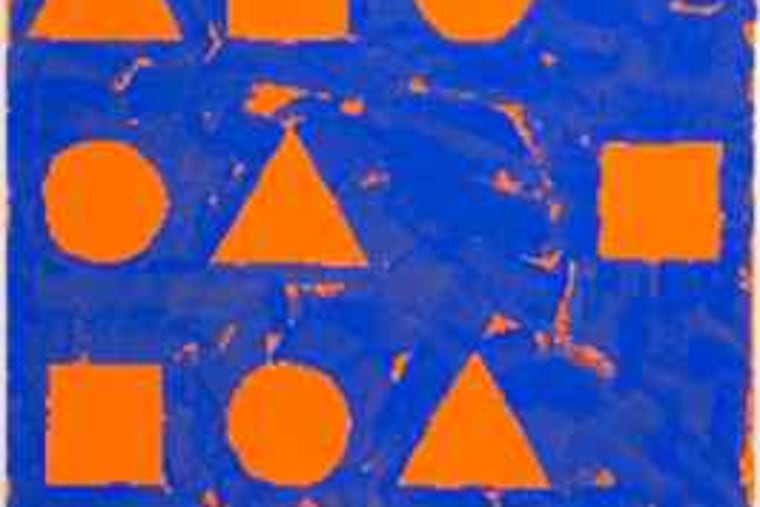At Penn, he left imprint as artist and as teacher
Hitoshi Nakazato, 74, a painter and master printer who was on the faculty of the University of Pennsylvania for four decades, died Saturday, July 17, at Bellevue Hospital from head injuries suffered in a fall in his loft in New York City.

Hitoshi Nakazato, 74, a painter and master printer who was on the faculty of the University of Pennsylvania for four decades, died Saturday, July 17, at Bellevue Hospital from head injuries suffered in a fall in his loft in New York City.
A native of Tokyo, Mr. Nakazato graduated from Tama Art University there in 1960. He earned a master's degree in art from the University of Wisconsin and a master's degree in fine art from Penn.
In 1970, Mr. Nakazato's work was selected for an exhibition of contemporary Japanese art at the Guggenheim Museum in New York. The next year, he was invited to join the faculty of the Graduate School of Fine Arts at Penn and was appointed its master printer.
"He called Philadelphia and the University of Pennsylvania the place of his intellectual awakening," said his wife, Sumiko Takeda Nakazato.
Mr. Nakazato established the Print Studio at Penn in 1979 and reinstated the major in printmaking that had been dropped years before. He wasn't given a lot of resources and was adept at finding funding and equipment, said a colleague, John Moore.
From 1995 to 1999, Mr. Nakazato was chairman of the Graduate School of Fine Arts. He retired from Penn in 2007.
"Hitoshi had such a long history with the department, he was its institutional memory," said Moore, who chaired the department from 2000 to 2009.
While attending to his academic duties, Mr. Nakazato pursued his art. In 1999, 13 of his brightly colored paintings were exhibited at the Ericson Gallery in Old City. He told an Inquirer reporter that his circle, square, and triangle forms were inspired by the art of Sengai, a Zen monk and artist whose work he had seen as a young man in Japan.
"I chose the three forms, created by man, not nature, in order to focus on the essential element of placement," he said. "Realistic images would only diffuse the tension."
In 2007, Inquirer art critic Edward Sozanski reviewed the artist's exhibit at the Arthur Ross Gallery at Penn. "Nakazato's prints tend to be bold and assertive, to the point where they burst off the wall," Sozanski wrote. "Some hang like banners from the ceiling. They imbue the large, high-ceiling space with a ceremonial or celebratory feeling. They make one feel energized."
"He displays a mastery of all the traditional graphic methods plus a few of his own," Sozanski added. "These include 'viscosity' color etchings, drypoint etchings, offset lithography, aquatints, monoprints, and a process he calls sand serigraphy, which produces a sandpaper-like surface."
Last year, the Pageant Soloveev gallery in Bella Vista exhibited Mr. Nakazato's work commemorating the bombing of Hiroshima. Though he was known as a colorist, he produced somber black-and-white works titled Black Rain for the show.
Mr. Nakazato's works are in collections in Japan, Israel, and the United States, including the National Gallery of Art in Washington, the Museum of Modern Art in New York, and the Philadelphia Museum of Art.
In June, an exhibit of more than 400 of his works opened in the Machida City Museum of Graphic Arts in Tokyo. A memorial for Mr. Nakazato will take place before the closing of the exhibit in August.
A celebration of his life will be held in September in New York City.
In addition to his wife, Mr. Nakazato is survived by a son, Gene; a daughter, Amy Filiaci; a brother; two sisters; two grandchildren; and his former wife, Anne Richter.